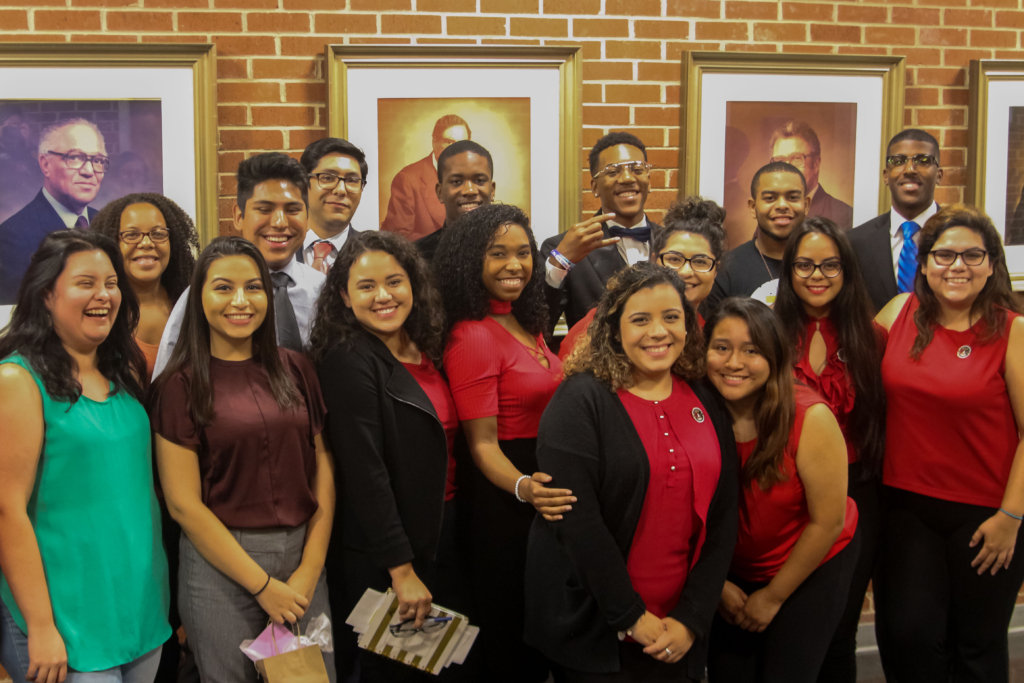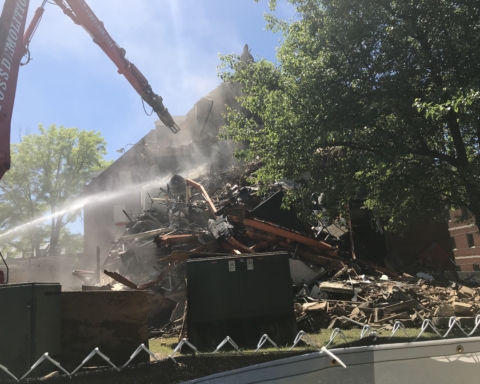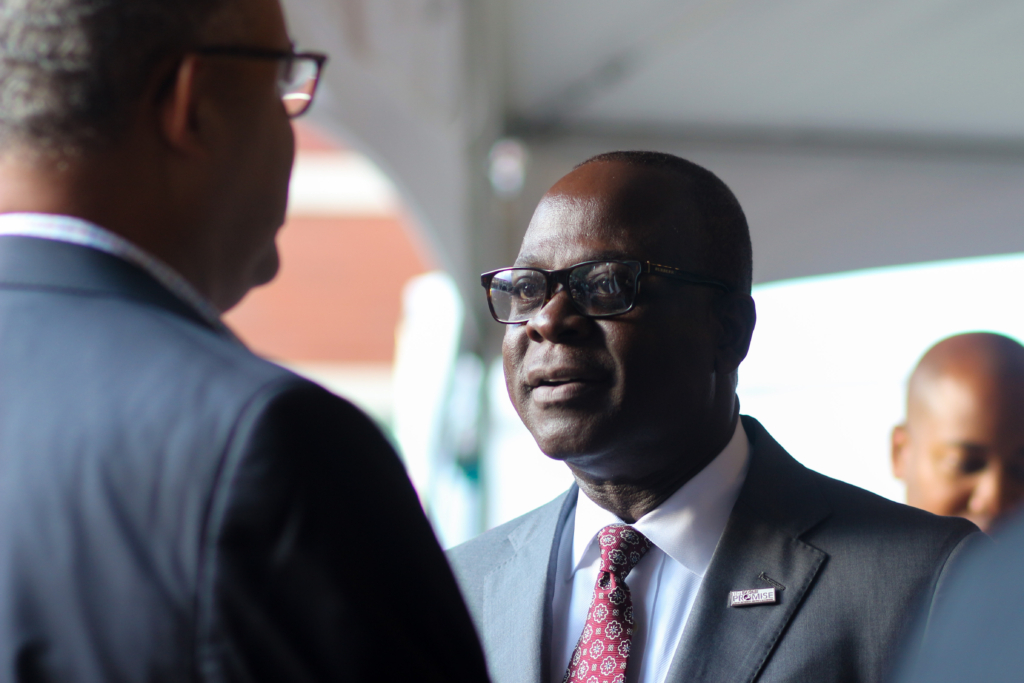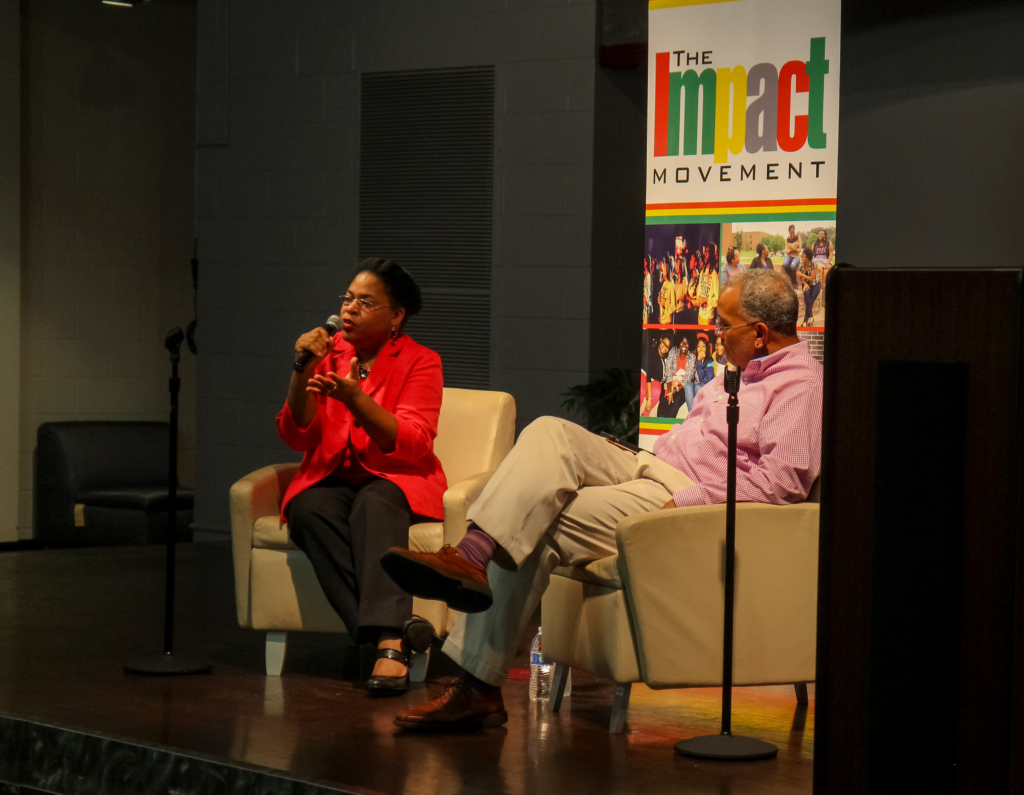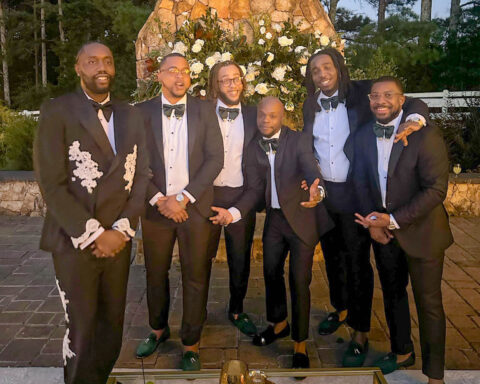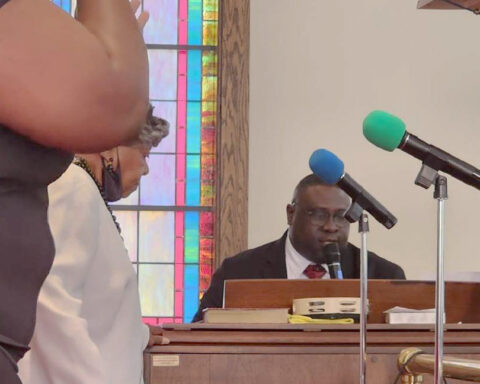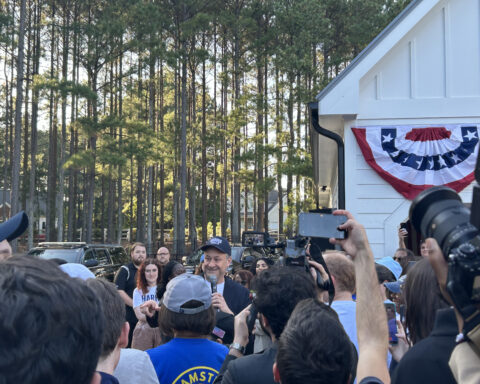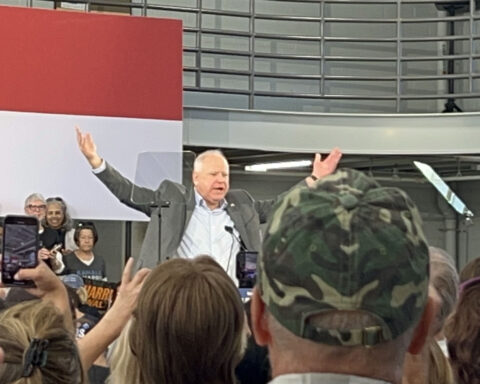Raíces Latino/Hispanic Organization hosted “Students Defend DACA,” a panel discussion with professionals, community members and N.C. Central University students, in the NCCU School of Law last Tuesday.
Deferred Action for Childhood Arrivals (DACA) is a type of administrative relief from deportation meant to protect young undocumented immigrants that entered the country illegally. The program, which is subject to renewal every two years, provides those enrolled with a work permit and protection from deportation.
The policy was established by the Obama administration in June 2012 and rescinded by the Trump administration in September 2017. By that time, more than 785 thousand Dreamers (the informal title for those enrolled) had been granted approval.
The event, hosted in conjunction with Águilas Afro-Latino, Lambda Pi Chi Sorority, Inc. and Phi Beta Sigma, Inc., allowed both policy and personal questions to be posed to the panel. The panel itself was facilitated by Office of Diversity and Inclusion director Emily Guzman.
Law professor Dr. Irving L. Joyner, who served as the Associate Dean of the NCCU School of Law from 1984 to 1992, was the evening’s keynote speaker.
“Those in power are serving the will of others and not our will,” Joyner said before the panel began. “They are going to continue to do that until you become enraged, until you become organized, and go out there and kick them out of office.”
When asked to describe how it felt to hear that the Trump administration was ending DACA in one word, Victor Castro said “hopeless.”
“I felt like I had such a good future ahead of me and I had so many things that I wanted to do. Hearing the news really shattered everything.”
Castro, a senior at J.D. Clement Early College High School here on NCCU’s campus, has never known another home country. He was brought to the United States as a one-year-old from Mexico by his parents and has “absolutely no recollection” of his time there.
However, despite living and learning in this country for almost his entire life, he is limited by his Dreamer status when it comes to college education.
“It’s really difficult to look at schools since I pay out-of-state tuition everywhere. It doesn’t matter where I go; I’ll be paying three times as much as a regular in-state student. Since I’m not in-state, I’m not eligible for federal student aid, and that higher tuition has to come from myself and my parents,” Castro explained. “Usually, students would look for ‘reach’ and safe schools (to apply to), but I can’t, so I’m just stuck here.”
DACA predominantly affects high school and college-aged immigrants due to its requirements. Prerequisites for recipients include that one must have been under 31 years old as of June 15, 2012, first came to the United States before their 16th birthday and are currently studying, or you graduated from high school or earned a certificate of completion of high school or GED or have been honorably discharged from the Coast Guard or military.
“I really hope that Congress, under the gun (of presidential pressure) gets to do something. It’s not a partisan issue.” North Carolina Justice Center representative and attorney Raul Pinto said when asked about what he hopes government will do to lessen the impact of rescinding DACA for its recipients. “You’ve seen the bills that have come out addressing DACA recipients and trying to provide a more permanent protection for them from both the Republican and Democratic parties. It shouldn’t be a controversy to do the right thing.”
Local Alerta Migratoria activist and Dreamer Viridiana Martinez had strong words when an audience member asked what those who want to support the cause of undocumented immigrants can do.
“I, as an undocumented person, am not going to be listened to by these Republicans and Democrats in they way that they’re going to listen to you. Why? Because you can vote,” Martinez said. “They just need to know that you’re a voter, you’re angry and you’re on our side speaking out for us.”

